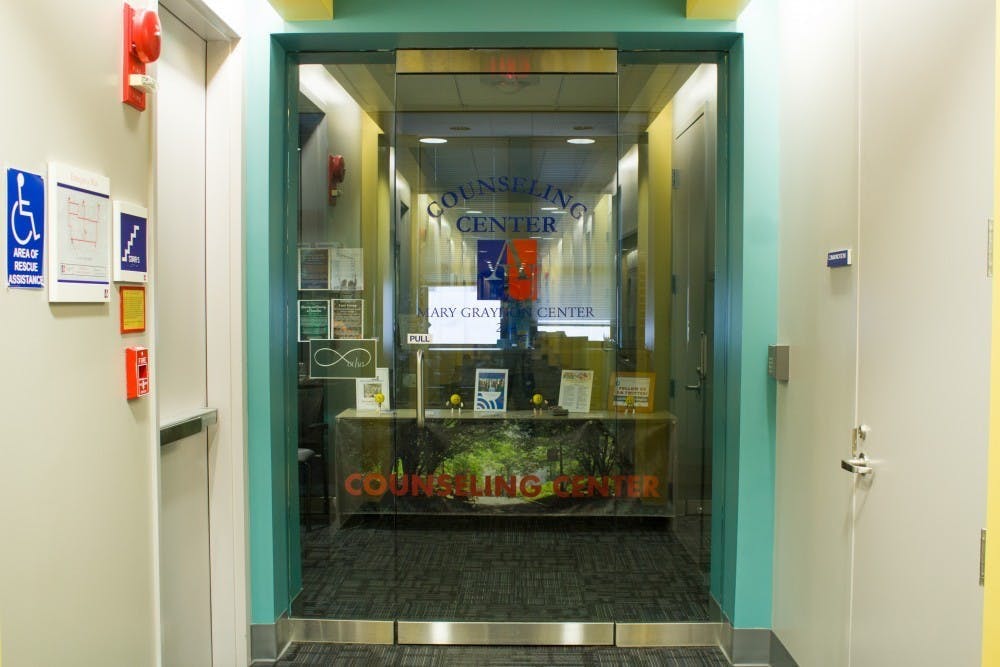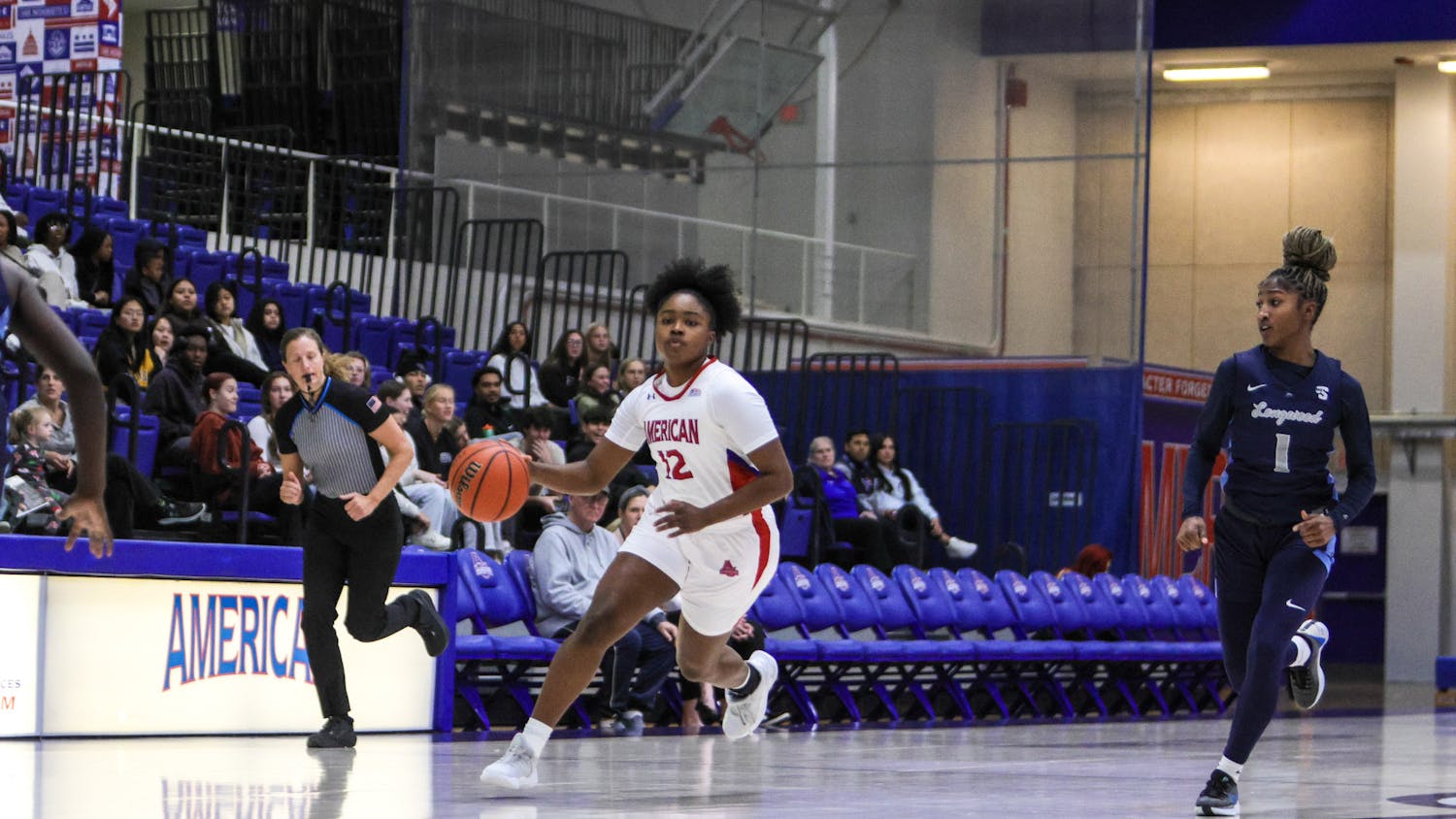American University’s Counseling Center is building on past efforts to diversify its staff to meet student needs with cultural competency, the center told The Eagle.
The Counseling Center’s concentrated effort to diversify its staff, supported by the Office of Campus Life, is among the expanded services rolled out this year to accommodate students’ needs. The center has always been a place where students can be helped by clinicians, but diversifying the staff ensures a heightened sense of safety and security, said Jeffrey Volkmann, the executive director of the Counseling Center and a licensed clinical psychologist.
“Students can look at our profiles and say ‘Wow, there's people like me at the center,’” Volkmann said.
The Counseling Center staff is composed of 12 mental health practitioners and over a dozen clinical trainees, according to its website.
Around 60 percent of the Counseling Center’s staff identify as people of color, according to Volkmann. He said this is the most diverse staff within the center’s history in terms of sexual orientation diversity and gender diversity.
“Our center has always been a place of diversity and inclusion and social justice. That’s our foundation, and we've always been able to talk about it,” said Jackie Darby, assistant director for outreach at the counseling center and a licensed clinical psychologist. “I think now because our staff is becoming more diverse, students feel more comfortable talking about it.”
The center has historically fallen short of expectations and needs, according to students in 2020. The center called out students in a 2020 email for canceling appointments — limiting the available time slots for other students to make appointments.
“When you place the burden on people struggling with mental health problems rather than advocating for a system that supports us, you put our lives in danger,” AU Democrats said in a statement released in 2020.
Volkmann said he has seen progress from past years not just with students coming in and feeling safe, but also among the staff.
To maintain a center that can foster a learning environment for its staff, weekly training sessions are held where open discussion is encouraged about the ability to understand and interact with different cultures, according to Volkmann.
Volkmann did not say how the center is tracking progress, but that it seems to be attracting people who want to be a part of it because of its mission of cultural competency.
“Not only are we learning from experts in the field, but we’re learning from each other about cultural competency,” Volkmann said.
The center has attracted people looking to work there of all different backgrounds and identities through the trainings, and people have looked up the center interested in being recruited to the inclusive environment it provides for staff and students, according to Volkmann.
Volkmann said the hiring process to work at the counseling center includes group hiring to interview potential employees. Typically, a person who is hired at the center meets with every member of the staff for group interviews where cultural competence is a big part, he said.
“There’s always time dedicated to cultural competence and understanding how that impacts people,” Volkmann said.
Darby and another counseling center employee recently created a video about being Black in the pandemic. Volkmann said as a white man, that is not something he could have done, and having a diverse staff allows for helpful content such as the video to be created for students.
A part of the diversification process going on at the Counseling Center is Darby’s mission to integrate technology at the center. Darby said technology adds a level of accessibility that reaches different students.
“That’s something that people don't talk about within diversity,” Darby said. “So integrating social media and a lot more technology is a goal of mine as outreach director.”
Volkmann said as a center it is important not to be complacent and to keep up with the evolving needs of students, as they are different from a few years ago.
“We don’t want to just get stuck in a pattern of ‘well, this is how we do things,’” Volkmann said. “Let’s see how we can best meet the needs of students and how we can continue to grow as a center and continue to grow as cultural beings.”





